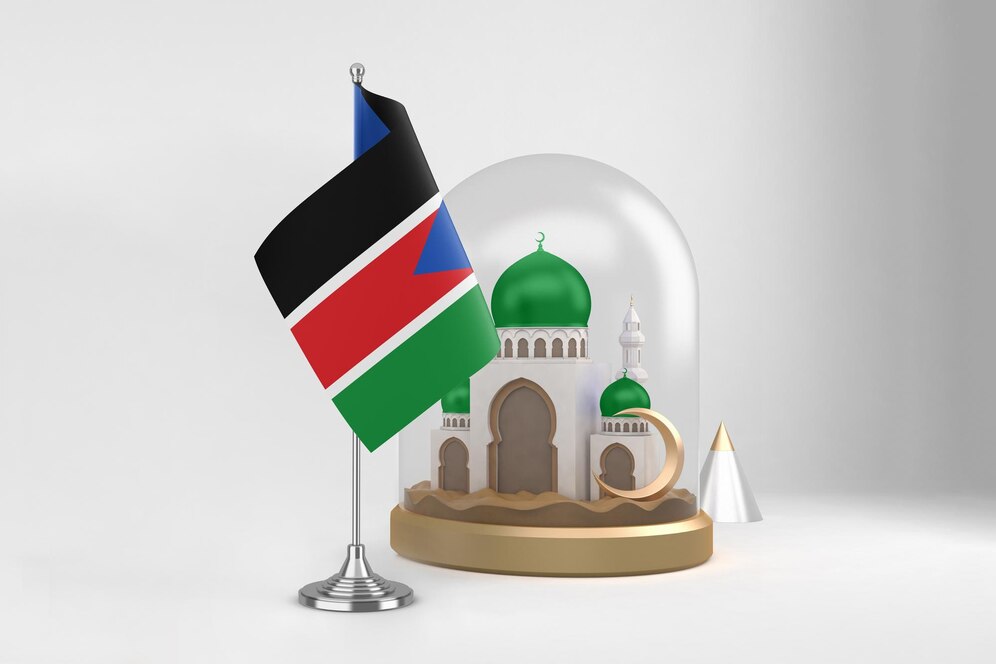As the world becomes increasingly interconnected, the need for authenticating documents for use abroad has grown significantly. The process of apostille provides a streamlined method for validating official documents in countries that are signatories to the Hague Apostille Convention. In this blog, we will guide you through the steps to apostille documents in Namibia, simplifying the process of international document authentication.
- Understand the Purpose of Apostille:
Apostille is a certification that verifies the authenticity of a document issued in one country for use in another country that is a member of the Hague Apostille Convention. It simplifies the authentication process by eliminating the need for further legalization or consular verification. - Determine Eligible Documents:
Apostille is applicable to various types of official documents, including but not limited to:
- Birth, marriage, and death certificates
- Educational diplomas and degrees
- Notarized documents
- Powers of attorney
- Court documents
- Commercial documents
Ensure that the document you intend to apostille falls within the scope of eligible documents for the process.
- Locate the Competent Authority:
In Namibia, the Ministry of International Relations and Cooperation (MIRCO) is responsible for issuing apostilles. Identify the specific department or office within MIRCO that handles apostille requests. It is advisable to contact them directly or visit their website to obtain accurate and up-to-date information regarding the process. - Prepare the Document:
Before submitting your document for apostille, ensure the following steps are followed:
- Obtain a certified copy or original document: In most cases, copies of documents need to be certified as true copies by a notary public or other authorized person.
- Translate the document if necessary: If the document is not in English, it may need to be translated into the official language of Namibia or the language of the receiving country. The translation should be done by a qualified translator.
- Authenticate signatures: If required, ensure that any signatures on the document are properly notarized or certified.
- Submit the Document for Apostille:
Once the document is prepared, follow these steps to submit it for apostille:
- Visit the designated office of MIRCO responsible for apostille services.
- Complete any required application forms and provide necessary details, such as your contact information and the purpose for which the document will be used.
- Submit the document, along with any supporting materials, such as identification or proof of payment of applicable fees.
- Pay the Fees:
Apostille services usually involve a fee. Inquire about the specific fees and accepted payment methods at the MIRCO office. Ensure that you have the necessary funds available to cover the costs. - Await Processing and Collection:
The processing time for apostille can vary, so it is advisable to inquire about the expected timeline during your visit to the MIRCO office. Once the apostille is ready, you will be notified to collect the document. Ensure that you have the required identification and any additional documentation requested by the office. - Verify the Apostille:
Before using the apostilled document abroad, verify its authenticity through the appropriate channels in the receiving country. This may involve contacting the relevant government department or the embassy/consulate of the receiving country.
Apostille serves as a vital tool for simplifying the process of international document authentication. By understanding the purpose, following the necessary steps, and engaging with the competent authority in Namibia, you can efficiently obtain an apostille for your official documents. Remember to gather accurate information, prepare the document appropriately, and comply with any fees and requirements outlined by the Ministry of International Relations and Cooperation. With your apostilled document in hand, you can confidently navigate the complexities of international transactions, ensuring the validity and recognition of your official paperwork abroad.
